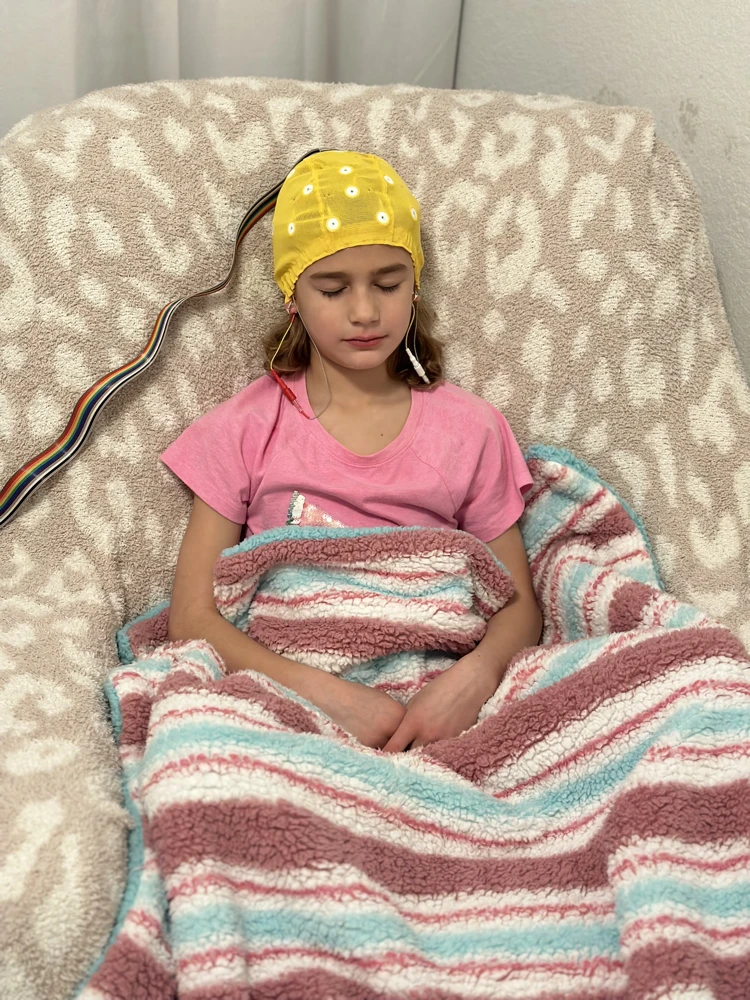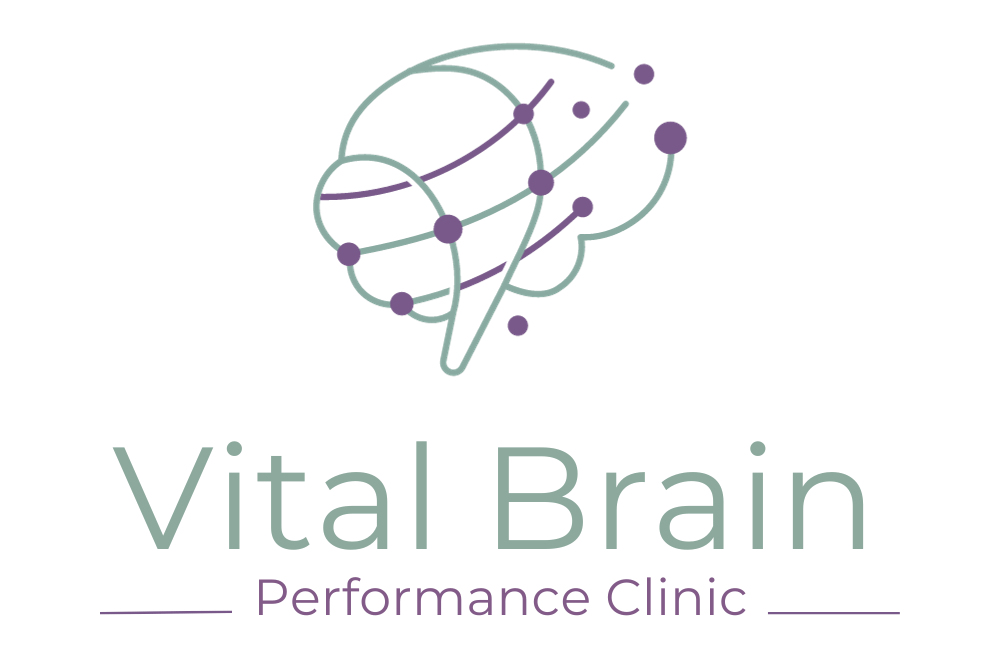Depression, often viewed as an affliction exclusive to adults, unfortunately permeates the lives of many children and adolescents, frequently escaping detection and treatment. This oversight is unacceptable, as our children merit a future brimming with hope, happiness, and health. Their emotional challenges must be acknowledged, not dismissed. Enter neurofeedback, a groundbreaking treatment offering renewed hope for depression in kids.
Illuminating the Shadows: Identifying Depression in Kids

Recognizing depression in kids presents a formidable challenge, often mistaken for typical ‘coming of age’ behaviors. Distinguishing between moodiness and a genuine cry for help is crucial. Adolescent rebellion may mask deeper emotional turmoil, necessitating heightened awareness. Depression in children manifests differently than in adults, with consistent sadness, waning interest in once-enjoyed activities, expressions of worthlessness, and changes in eating or sleeping habits. Physical complaints like stomach aches or headaches may also signal emotional distress. Attuning ourselves to these subtle signals is essential for providing the necessary help and instilling the hope our children deserve.
Beyond Conventional Approaches: Neurofeedback’s Innovative Path to Emotional Well-being
Traditional treatments for childhood depression involve medication and therapy, effective for some but not universally applicable. Neurofeedback, a non-invasive technique, introduces an innovative perspective on treating depression. It’s not merely a therapy session; it’s brain training—a mental workout designed to enhance brain function, mood, concentration, and cognitive performance.
Neurofeedback achieves this by teaching the brain to operate optimally, forming new connections and fortifying existing ones. Think of it as a personal trainer for the brain, targeting neural pathways instead of muscles. This tailored approach offers a promising escape from depression’s grip, guiding children toward a happier, healthier life. Neurofeedback’s beauty lies in its customization to individual brain patterns, optimizing treatment efficacy while minimizing the risk of side effects.
In a world where our understanding of mental health evolves, neurofeedback emerges as a pioneering step beyond traditional approaches, especially in addressing depression in kids. It transcends symptom management, aspiring to foster lasting mental health and resilience. Let’s embrace this novel approach, empowering children to retune their brain frequencies toward positivity. Through neurofeedback, we’re not just unlocking hope; we’re unlocking a future filled with emotional well-being, ensuring every child not only survives but thrives.




